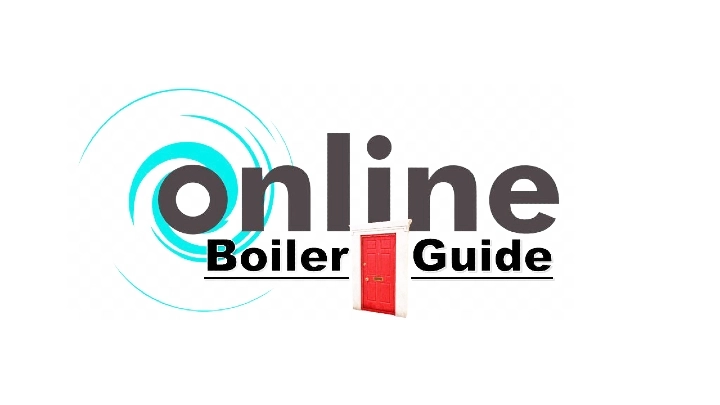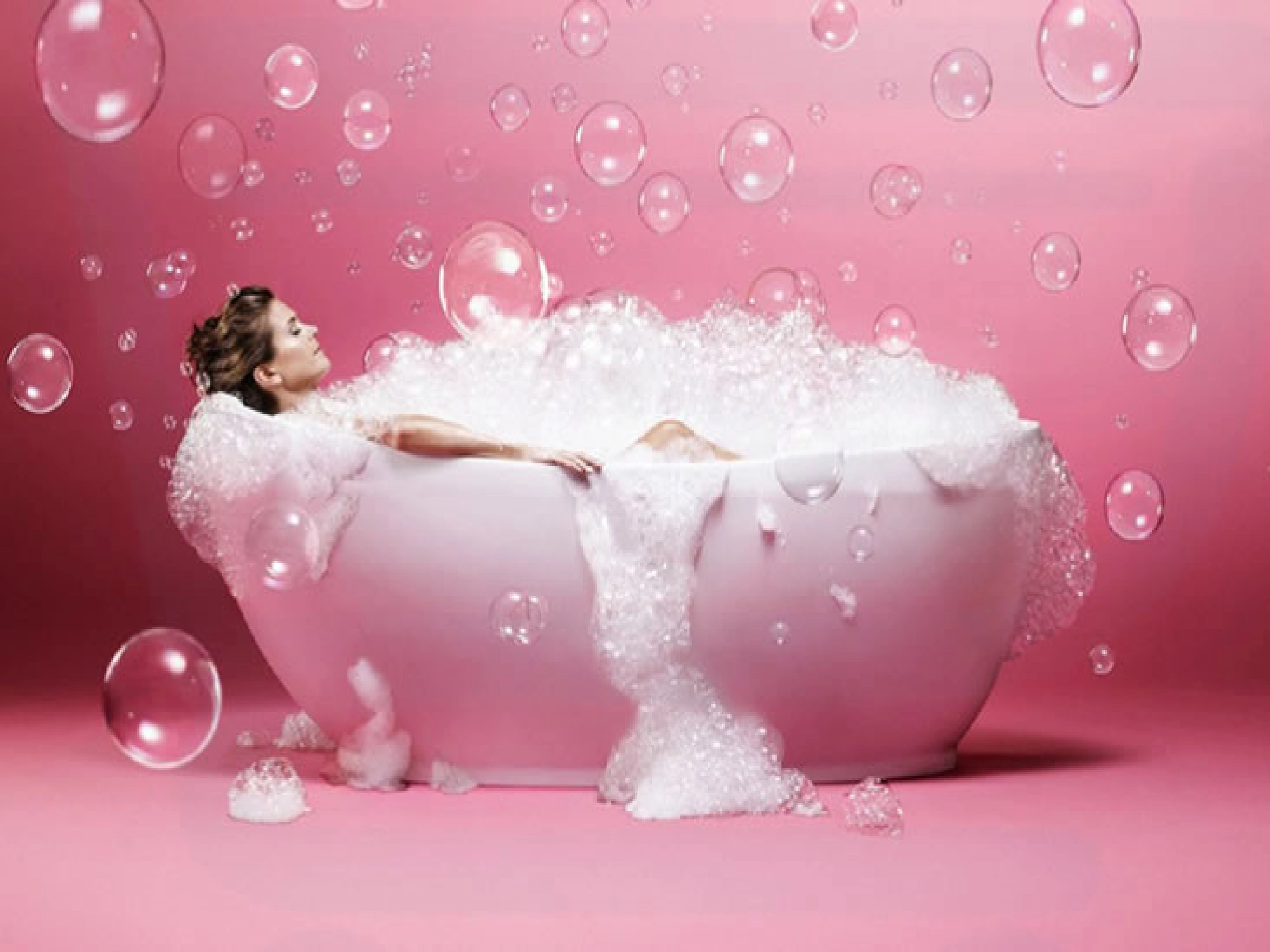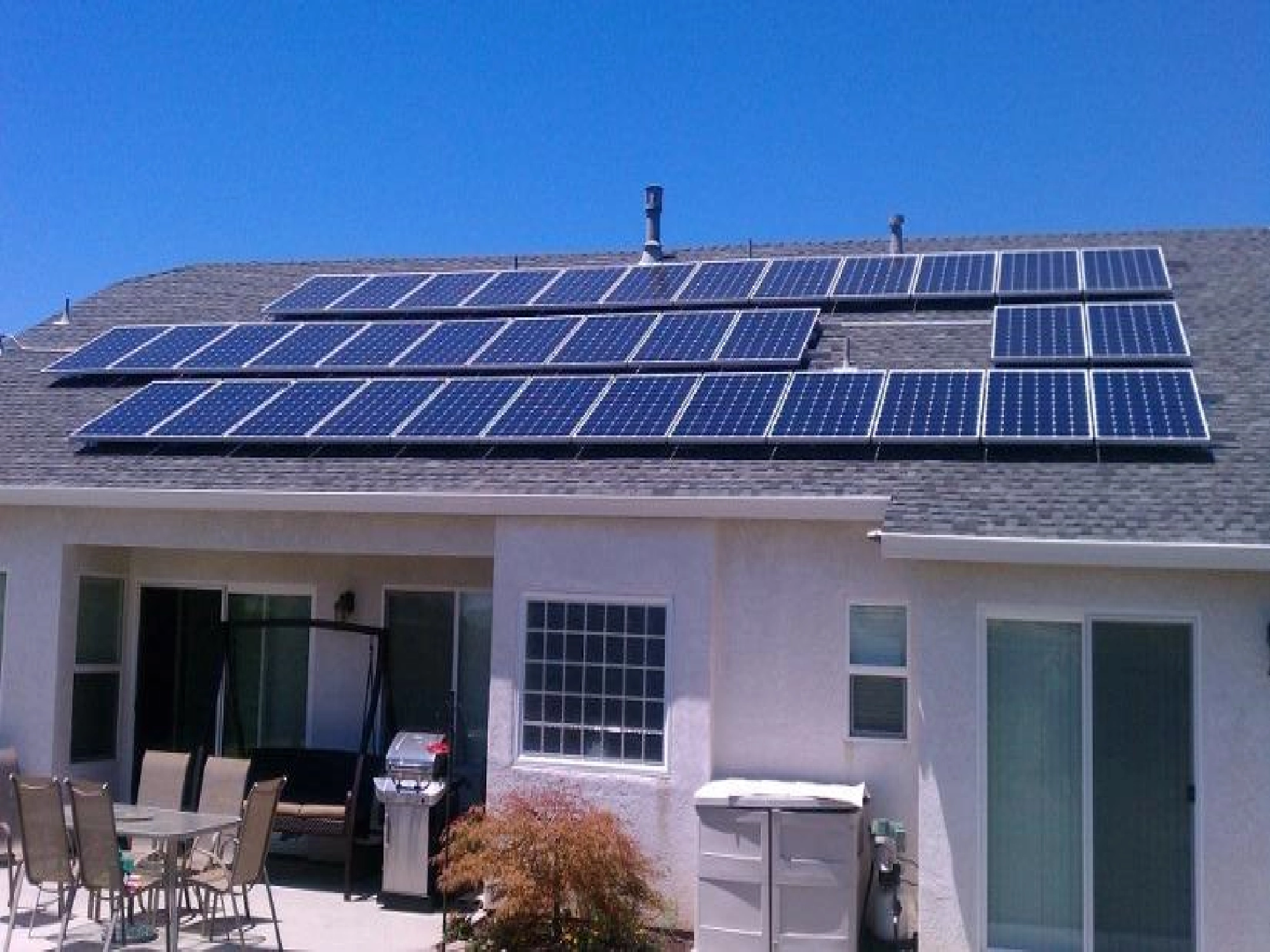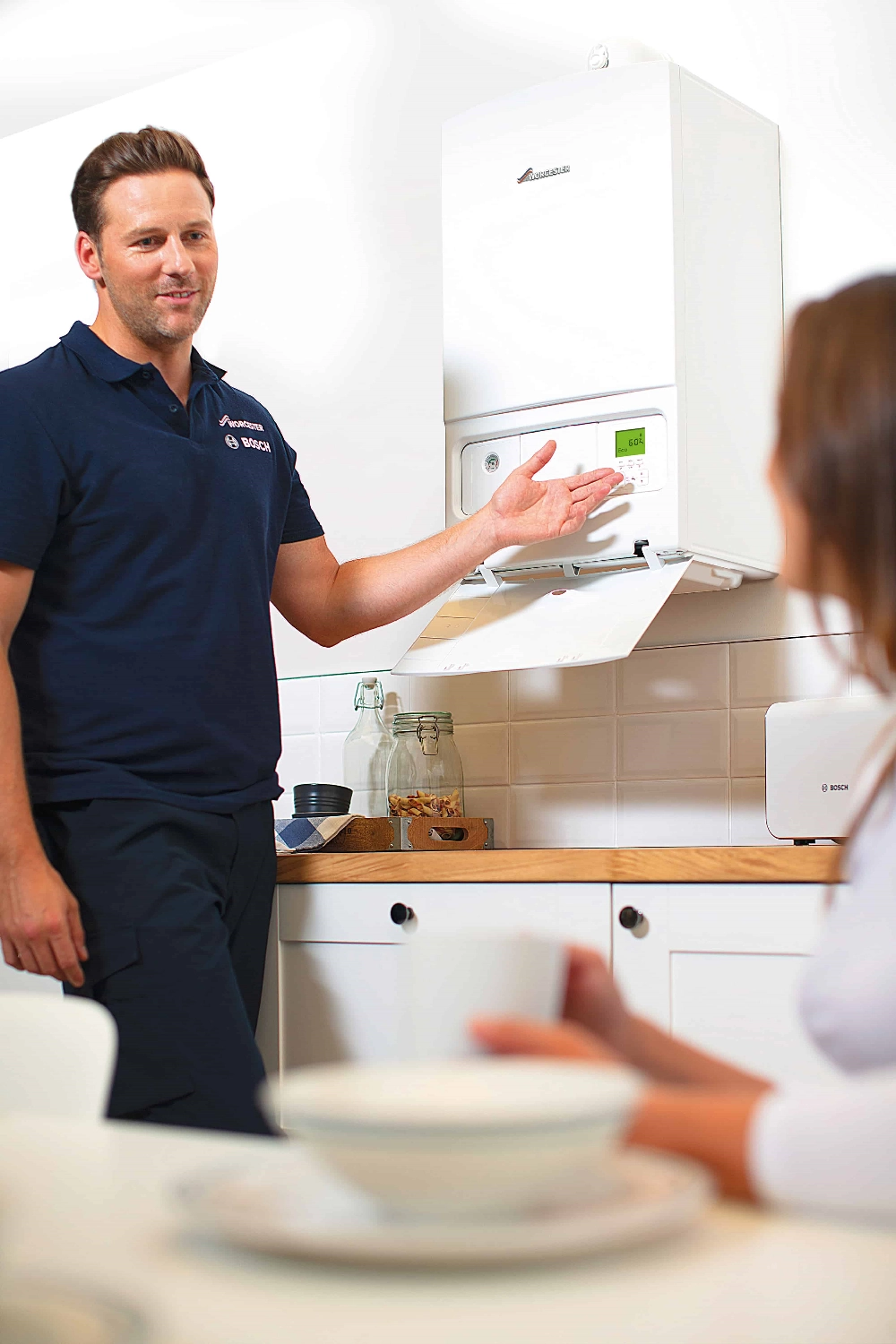
Combi boilers are the ultimate solution for heating and hot water. They combine a high efficiency boiler and a water heater in one compact unit, saving you space and energy. With a combi boiler, you get hot water on demand from the mains whenever you need it, without any tanks or cylinders in the roof.

There are different ways to get plenty of hot water in your home, depending on your budget, space, and energy source.
Here are some of the most common methods:
Tankless water heater: This is a modern device that heats water directly from the mains without using a tank. It saves space and energy, and provides hot water on demand. However, it may require a high initial cost and a powerful gas or electric supply.
Solar water heater:
This is an eco-friendly option that uses solar panels to capture heat from the sun and transfer it to the water. It reduces electricity bills and carbon footprint, and works well in warm climates. However, it may need a backup system for cloudy days and a large roof area for installation.
Heat pump water heater:
This is another energy-efficient device that uses electricity to move heat from the air or ground to the water. It consumes less power than conventional electric heaters, and can also provide cooling in summer. However, it may not work well in very cold or hot areas, and may produce some noise.
Recirculation pump:
This is an accessory that can be added to any water heater to speed up the delivery of hot water to the faucet. It circulates the hot water in the pipes, preventing it from cooling down and wasting water.
However, it may increase the energy consumption and wear of the pipes.

If you want to avoid cold showers and enjoy a constant supply of hot water, you need to check your water heater and your shower faucet.
Here are some possible causes and solutions for this problem
Faulty water heater:
Your water heater may be too old, too small, or not working properly. You can try to adjust the thermostat, flush the tank, replace the heating element, or install a new water heater.
A tankless water heater can provide hot water on demand without using a tank.
Faulty shower faucet: Your shower faucet may have a defective pressure-balancing valve that regulates the ratio of hot and cold water.
You can replace the valve or the entire shower cartridge with the help of a special tool called a cartridge puller.
You may also need to clean the mineral deposits and corrosion that can clog the valve.
Low water pressure:
Your water pressure may be too low to activate the water heater or the shower faucet.
You can check the main water supply valve, the shower head, and the pipes for any leaks, blockages, or damage.
You can also install a recirculation pump that circulates the hot water in the pipes and prevents it from cooling down.

Energy utilities may fund customers to reduce the initial cost of efficient hot water heaters.
These are the main types: Conventional Storage Tank, Tankless (On-Demand), Heat Pump (Hybrid), Solar Powered, and Condensing.
Customers can get funding from energy utilities to lower the first cost of energy efficient hot water heaters,
such as: Conventional Storage Tank, Tankless (On-Demand), Heat Pump (Hybrid), Solar Powered, and Condensing.
To help customers afford efficient hot water heaters, energy utilities offer funding.
The main types are: Conventional Storage Tank, Tankless (On-Demand), Heat Pump (Hybrid), Solar Powered, and Condensing.

How effective are solar water heaters?
Solar water heaters can save you money and energy by using the sun’s free heat.
They can lower your water heating bills by 50%–80% and protect you from fuel shortages and price hikes.
However, they also have some drawbacks:
They only heat water, unlike photovoltaic panels that generate electricity. They need enough roof space and direct sunlight to work well. They may not function on cloudy, rainy, or foggy days. Solar water heaters can still work in winter, but they may produce less hot water.
In cold regions, they have freeze protection and snow melting features.
From April to September, most of your hot water will come from solar energy.
The number of solar panels you need for hot water depends on your household size and usage.
A rough estimate is one square metre per person for summer. For flat panels, this means one or two panels per household.
For tube collectors, this means 20 or 30 tubes. Solar hot water systems are cheaper to run than gas or electric ones, but they are more expensive to buy.
The running cost varies depending on your location, climate, and energy tariff.
Solar water heaters do not need electricity to operate, but they may need a backup heater for cloudy days. The backup heater will use electricity. Solar water heaters can provide you hot water at night, as they store the heat in a tank during the day.
Solar panels can run a heater, but they need to match the wattage.
For example, a 1500-watt heater needs three 500-watt solar panels.
Solar energy is not bad for the environment, but solar panels can cause some problems when they are disposed of.
They contain toxic materials like lead that can pollute the landfills. They also waste valuable resources that could be recycled.
What is the difference between solar cells and solar heating?

Solar PV is based on the photovoltaic effect, by which a photon (the basic unit of light) impacting a surface made of a special material generates the release of an electron. Solar thermal, on the other hand, uses sunlight to heat a fluid (depending on the application, it can be water or other fluid).
